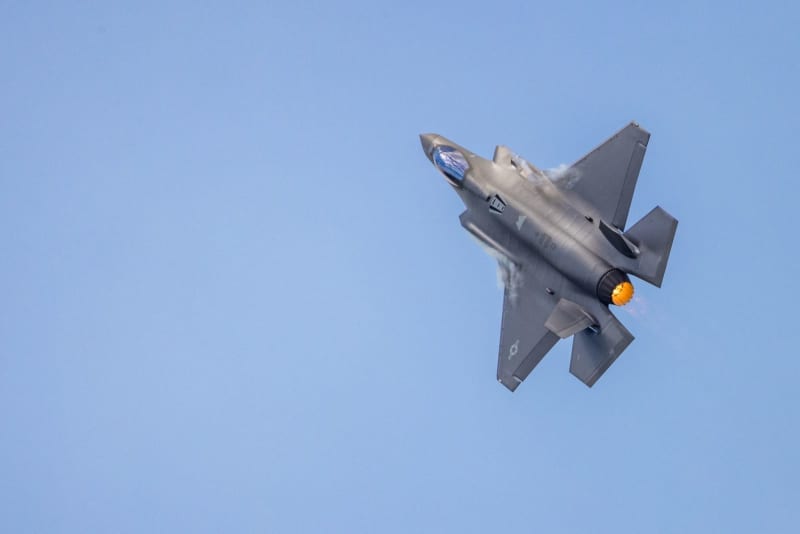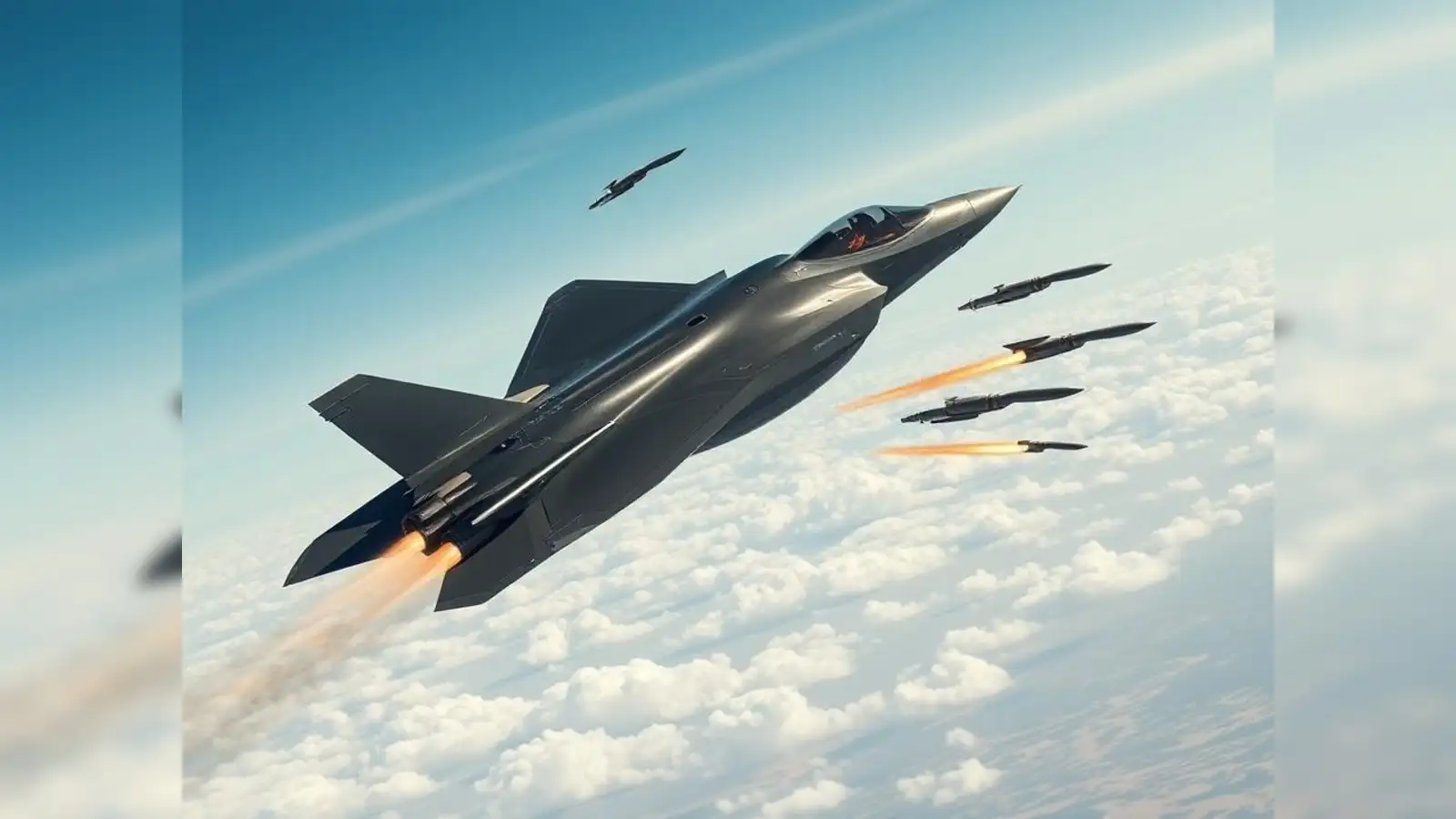The conflict between Israel and Iran intensified for a third consecutive day on Sunday, marked by increasing casualties and the expansion of targeted sites.
Overnight Iranian missile strikes reportedly killed at least 10 people in Israel, adding to the mounting death toll in both nations since Friday, when Israel launched a massive wave of attacks on Iranian nuclear and military facilities, which also impacted residential areas and triggered retaliation.
This sustained exchange of fire is the first of its kind between the long-standing adversaries, fueling fears of a prolonged regional conflict despite international calls for de-escalation.
Latest Developments:
Iran unleashed significant missile barrages on Israel from Saturday night into Sunday, resulting in 10 deaths, including children. This brings the total fatalities since Iran began retaliatory strikes to 13, with 380 others wounded.
Iran’s ambassador to the United Nations stated that the initial Israeli strikes on Iran had killed 78 people and wounded 320, though an updated toll from Iranian authorities was not available by Sunday afternoon.

Iran also claimed to have struck sites used by Israeli warplanes for refuelling. Israel reported intercepting seven drones launched towards its territory and also faced attacks from Yemen’s Iran-backed Huthi rebels, who claimed multiple missile launches at Israel on Sunday.
Initially targeting military and nuclear facilities, as well as top commanders and scientists, Israel has now expanded its focus to include Iranian oil infrastructure and government buildings.
AFP journalists observed a fire at a fuel depot in Shahran, northwest of Tehran, after Israeli strikes hit two such depots on Sunday.
The Israeli military reported striking over 80 targets in Tehran overnight. The day before, Israel’s military announced it was attacking dozens of missile launchers in Iran after earlier targeting air defences in the Tehran area.
Iranian media on Sunday reported Israeli strikes on the defence ministry headquarters in Tehran and an affiliated facility in the central city of Isfahan.
The escalating hostilities have impacted nuclear talks between Tehran and Washington. A sixth round of negotiations, scheduled for Sunday in Oman, was cancelled, with Tehran stating it would not participate as long as Israeli attacks persisted.
Iranian Foreign Minister Abbas Araghchi condemned Israel’s attacks as an “attempt to undermine diplomacy and derail negotiations,” accusing Israel of crossing a “new red line” by targeting Iran’s nuclear sites.
Tehran has also criticised the UN nuclear watchdog, accusing it of inaction regarding the Israeli strikes and threatening to limit cooperation.
Countries globally have voiced increasing alarm over the potential for the conflict to spread across the wider region, urging immediate de-escalation.
Araghchi warned that any military activity in the crucial Gulf waters “could involve the entire region—and possibly the whole world,” citing a strike on a major gas facility.
He also claimed “solid proof” that US forces and bases in the region supported Israel’s attacks. Washington, a key Israeli ally but rival to Tehran, has denied any US involvement and called for an end to the exchanges of fire.
However, on Sunday morning, US President Trump issued a strong warning to Iran, stating it would face “the full strength” of the US military if it attacked the United States.


 Trending
Trending 